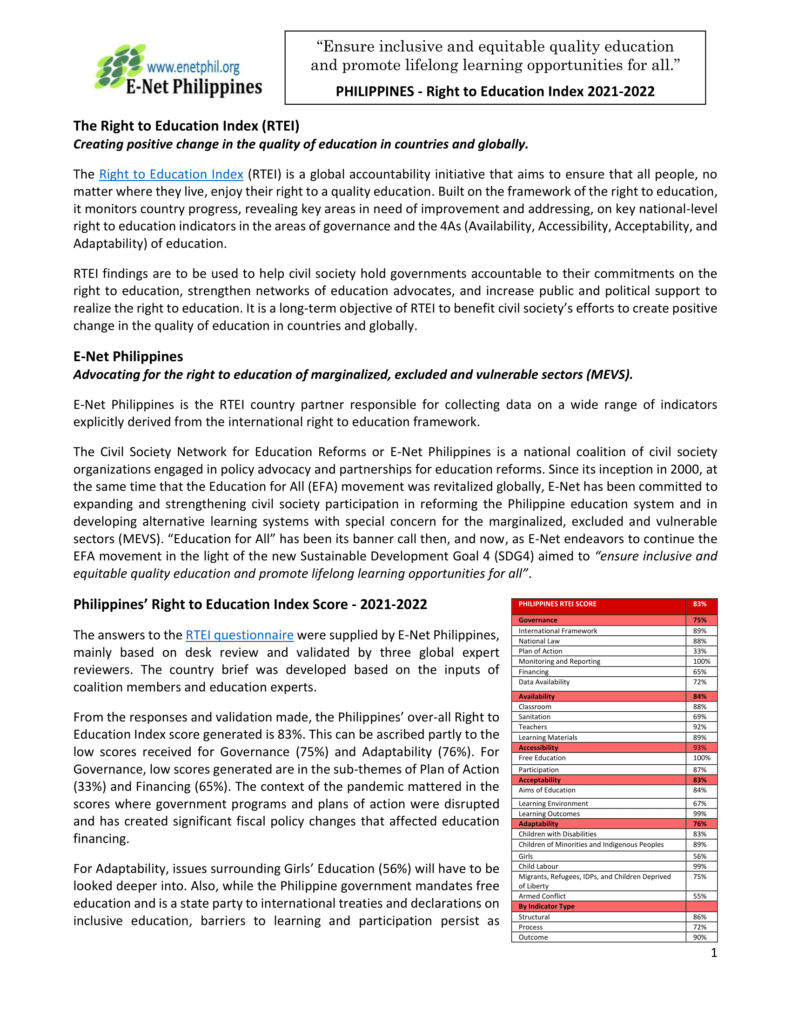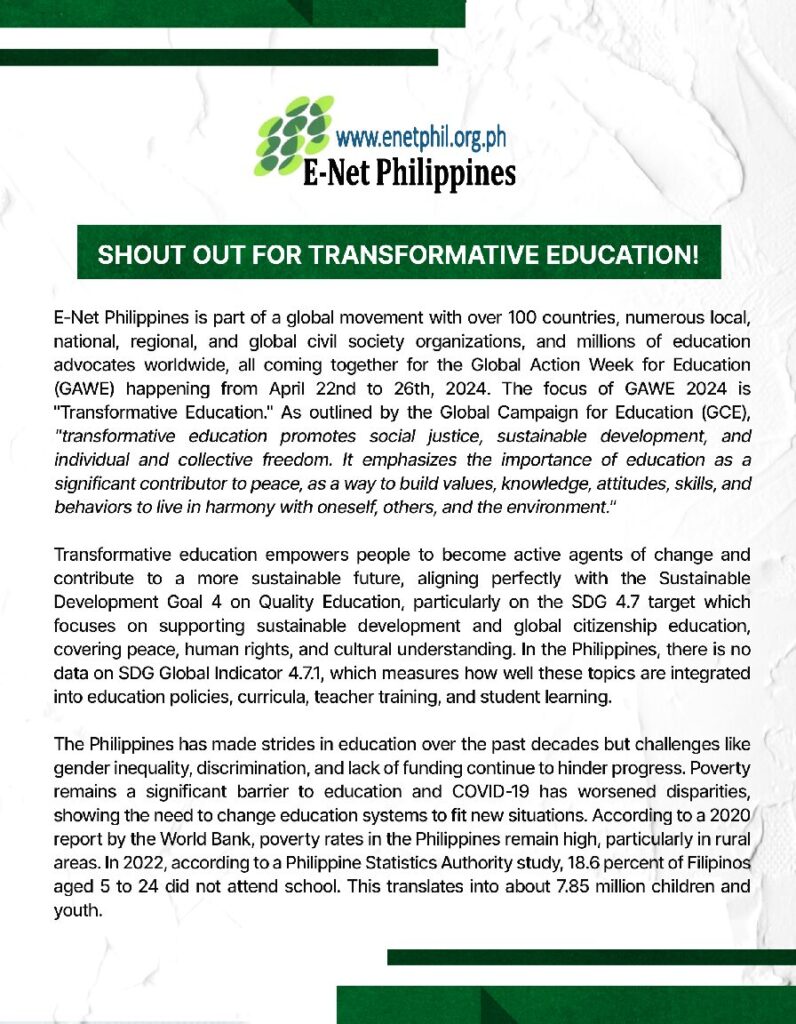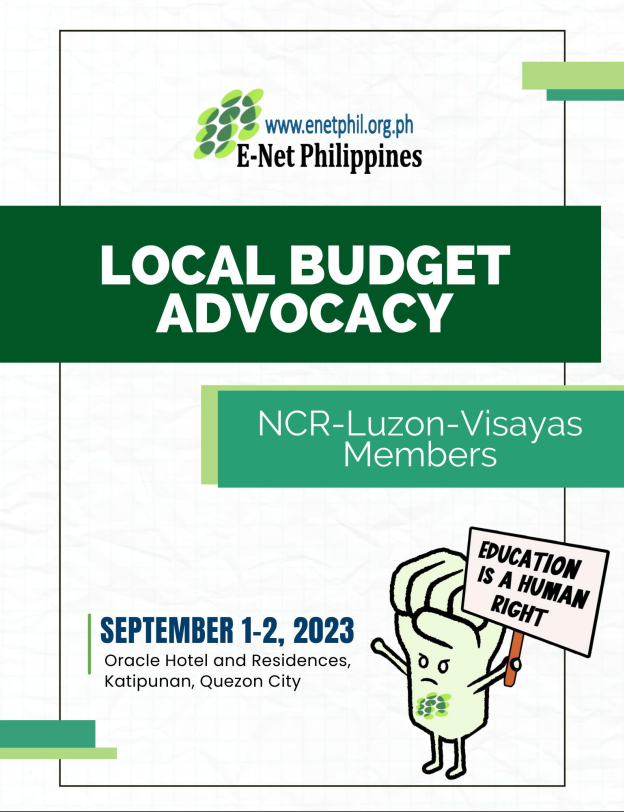Youth-Led Action Research on The Impact of COVID-19 Pandemic on Marginalised Youth
Author/s: Asia South Pacific Association for Basic and Adult Education
Publication Date: 2021
The nationwide lockdowns and the resultant closure of educational institutions and markets have reportedly led to a rise in several shadow pandemics: of digital divides and school dropouts, of unemployment and food insecurity, of domestic violence and child marriages, of fake news and social stigma, and of physical disorders and mental illnesses. Thus, among the most vulnerable, but also further excluded from the mainstream discourse and phases of planning during the pandemic, have been the vulnerable youth, whose everyday lives and future aspirations have taken a serious hit in the ‘new normal’. They continue to face significant disruptions and changes on multiple fronts, at home, their community and the economy. Yet, as this pandemic continues to exacerbate, several youth have also been at the forefront amongst those mobilizing to shape creative forms of resistance, solidarity, and claim-making, particularly for social protection and relief assistance.
SUMMARY
Thus, the ‘Youth-led Action Research on the Impact of COVID-19 Pandemic on Marginalised Youth’ is a study that is born from and within these undocumented voices of different groups of marginalised youth in the Asia-Pacific region during the COVID-19 pandemic. Anchored in a participatory, action-research framework and fueled by first-hand, ground-up narratives and experiences of the youth, the youth-led study trains the spotlight on the COVID-19 pandemic beyond the paradigm of statistics and data points. The research has documented experiences from nine member countries of ASPBAE from the Asia- Pacific region, including Bangladesh, India, Indonesia, Mongolia, Nepal, Philippines, Sri Lanka, Timor-Leste and Vanuatu. The data for the study was collected between the months of May and August 2020, when the world was in the thick of closure and early disruptions steered by the rapid global health crisis. By centering the community youth as key stakeholders/ leaders in their roles as both researchers and participants, the study provides a fine-grained understanding of individual everyday lives, survival mechanisms, and resistances. The key objectives of the study include: (i.) to understand the situation of marginalised youth amid the COVID-19 crisis, (ii.) to gauge the impact of the pandemic on education, livelihood, health and well-being, (iii.) to document channels of information and access on COVID-19, (iv.) and to document key recommendations from the youth for the government and civil society to improve infrastructure, services and access. The study, thus, attempts to link the home to the community, and the community to national agendas at large.
